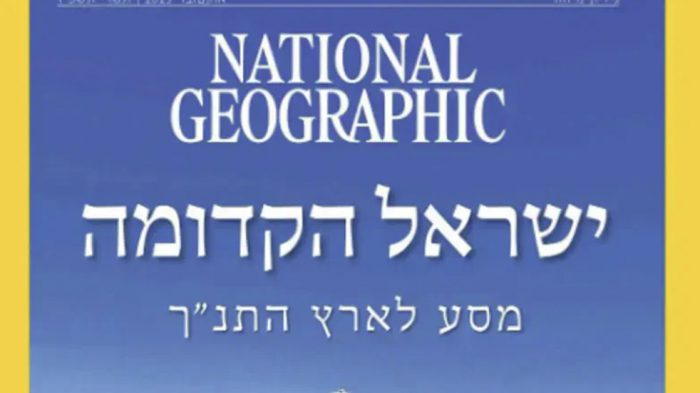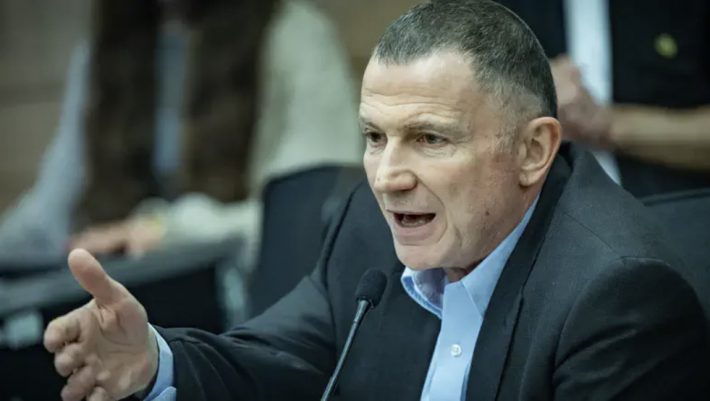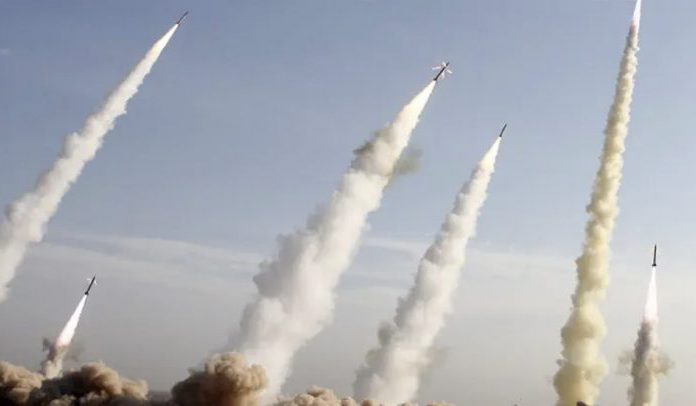Prime Minister Netanyahu’s son accuses Tel Aviv demonstrators of being foreign-funded agitators backed by Qatar, Soros, and the EU.
Yair Netanyahu, the outspoken son of Prime Minister Benjamin Netanyahu, delivered a fiery response Sunday following the disruptive protests at Hostage Square in Tel Aviv, where demonstrators booed during U.S. Envoy Steve Witkoff’s address after he mentioned the Israeli leader’s name.
The incident, which caused visible discomfort for Witkoff — a close ally of both Israel and U.S. President Donald Trump — quickly drew Yair’s sharp rebuke. He accused the hecklers of being foreign-funded radicals, saying they were part of a “Qatar-backed campaign to destabilize Israel from within.”
“These protesters are not spontaneous,” Yair Netanyahu wrote on social media. “They are funded by Qatar. They are the Israeli local branch of Antifa.”
Expanding on his claim, Netanyahu alleged that the groups behind the weekly Tel Aviv demonstrations are financed by leftist global networks seeking to erode Israeli unity during wartime.
“They are funded by Soros, the European Union, and until President Trump entered the White House — also by Biden’s United States, through USAID,” he added.
Yair’s comments came amid growing frustration among right-wing Israelis who see the Hostage Square protests as being exploited by anti-government factions and foreign NGOs to delegitimize Israel’s wartime leadership and pressure Jerusalem politically as it fights Hamas.
Political analysts note that Qatar’s role as Hamas’ chief financial sponsor has long drawn scrutiny, and its alleged involvement in bankrolling anti-Netanyahu movements could mark a new front in the information war targeting Israel’s stability.
Supporters of the Netanyahu family applauded Yair’s statement, saying he voiced what many Israelis believe — that foreign money and ideological extremism are fueling chaos at home while Israeli soldiers and hostages’ families yearn for national solidarity.
As Israel navigates a fragile post-war phase, Yair Netanyahu’s words echo a sentiment gaining traction among many citizens: that the battle for Israel’s security is not only fought in Gaza’s tunnels but also in Tel Aviv’s public squares.





